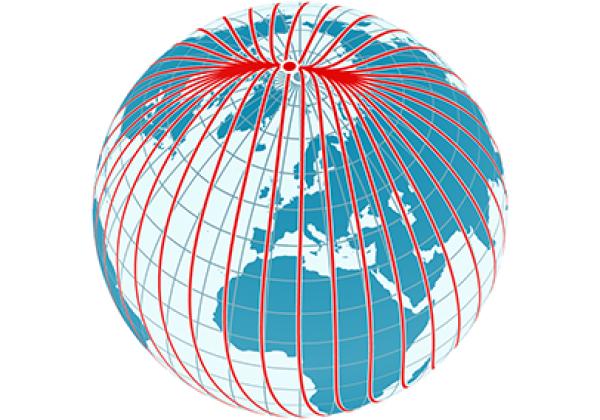The 34th Ockham Lecture - ‘How Does the Earth Generate its Magnetic Field?’
To be given by Professor Peter Davidson, Professor of Fluid Mechanics in the Department of Engineering at the University of Cambridge.
Abstract
The origins of the Earth's magnetic field, and indeed that of the other planets, remains one of great unsolved problems in classical physics. While all agree that there must be some form of dynamo at work within the fluid core, converting mechanical energy into magnetic energy, there is still little agreement as to the precise nature of that dynamo. Speculative cartoons of a fluid dynamo have been around for almost half a century, but until very recently there has been no means of testing the veracity of those cartoons. However, in the last few years, the numerical simulations of the Earth's core have finally managed to enter a dynamically relevant regime. It seems timely, therefore, to compare the results of those simulations with the conceptual cartoons of previous decades. Such a comparison yields surprising results, forcing the abandonment of long cherished mechanisms, and pointing to the important role of incompressible waves within the fluid core. These waves are maintained by the Coriolis force and have a helical structure which continually twists the internal magnetic field lines, generating magnetic energy.
The Ockham Lecture Series
The Merton College Physics Lecture (the Ockham, or Occam, Lecture, so named in honour of one of the greatest—if unattested—alumni of the College and of his philosophical principle of intellectual discipline) started in 2009 and is held once a term. It is organised by the physics tutors of the College to promote both intellectual curiosity and social cohesion of the Merton Physics community.
Attendance is by invitation: All Merton physicists (and sympathisers!) belonging to the three Common Rooms (JCR, MCR and SCR) are invited, as are the Old Members. Their guests are also accommodated, space permitting.
